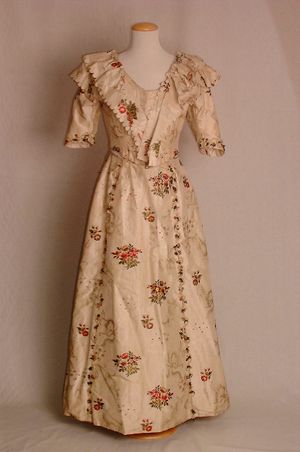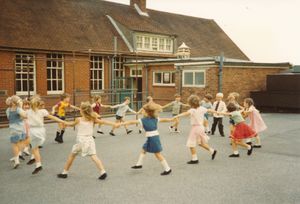In October, the Willis Museum and Sainsbury Gallery presented the first showing of The Sunday Times Watercolour Competition 2020. Now in its 33rd year, the competition is the largest and most prestigious prize for contemporary watercolour painting in the UK. Over 1,600 works were submitted for judging and the resulting show was a beautiful eclectic snapshot of a vibrant contemporary artistic community.
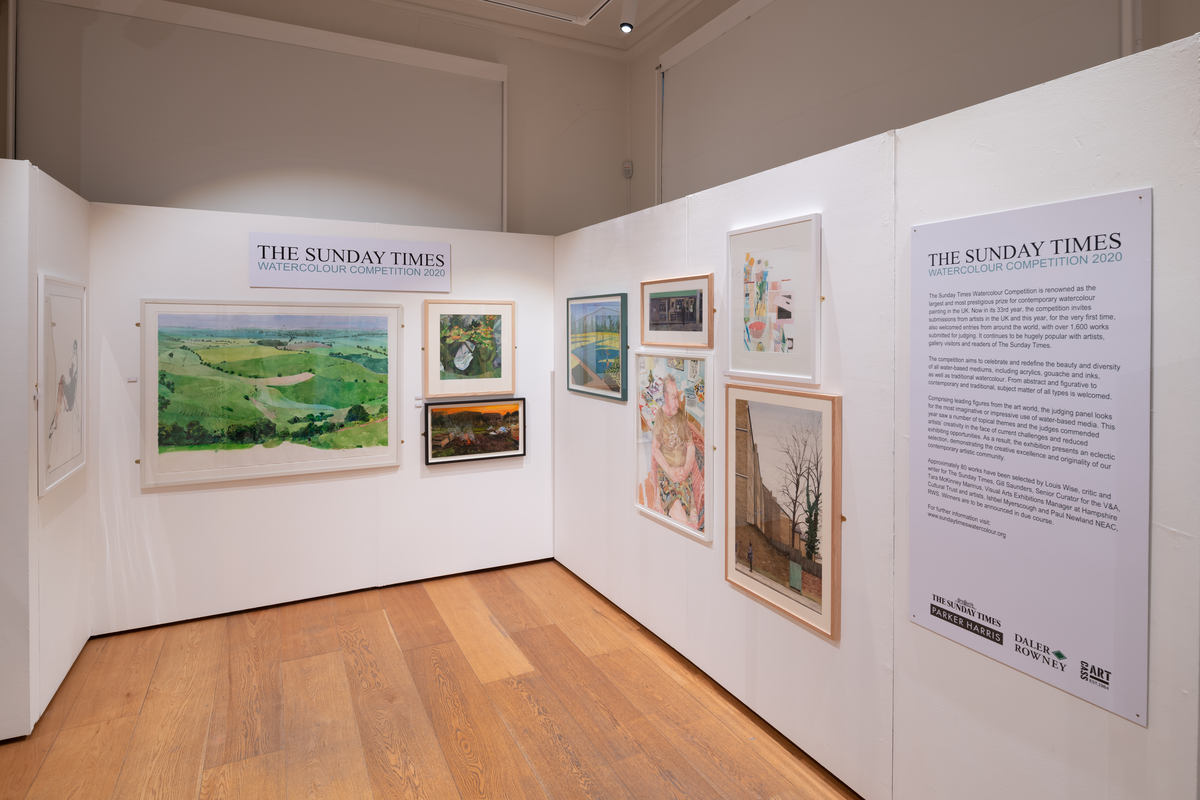
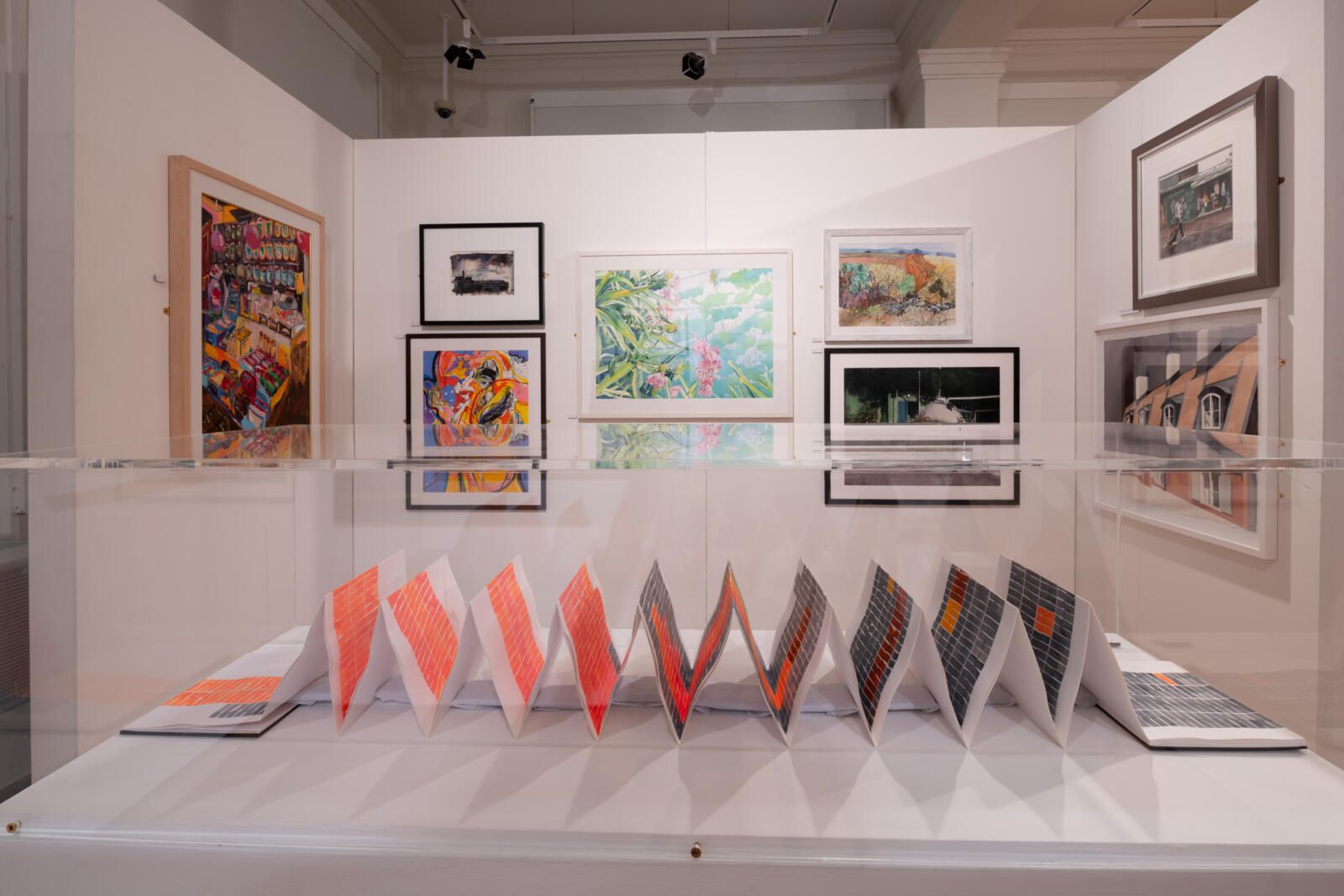
What is watercolour art?
The art of watercolour painting has been around for centuries and is often associated with a traditional style of artwork. The history of watercolour can be found as far back as 4000 BCE in China, where it was used as a medium for decorative art. Unlike other mediums, watercolour paints are used to build layers with colours and are applied wet with water to paper. Due to the delicate nature of the medium, watercolours were often used on miniatures, but soon artists like J.M.W. Turner were producing large, powerful watercolour paintings. With washed out mountains and stormy seas, watercolour paintings went from being very small and delicate, to huge works of art depicting the British landscape.
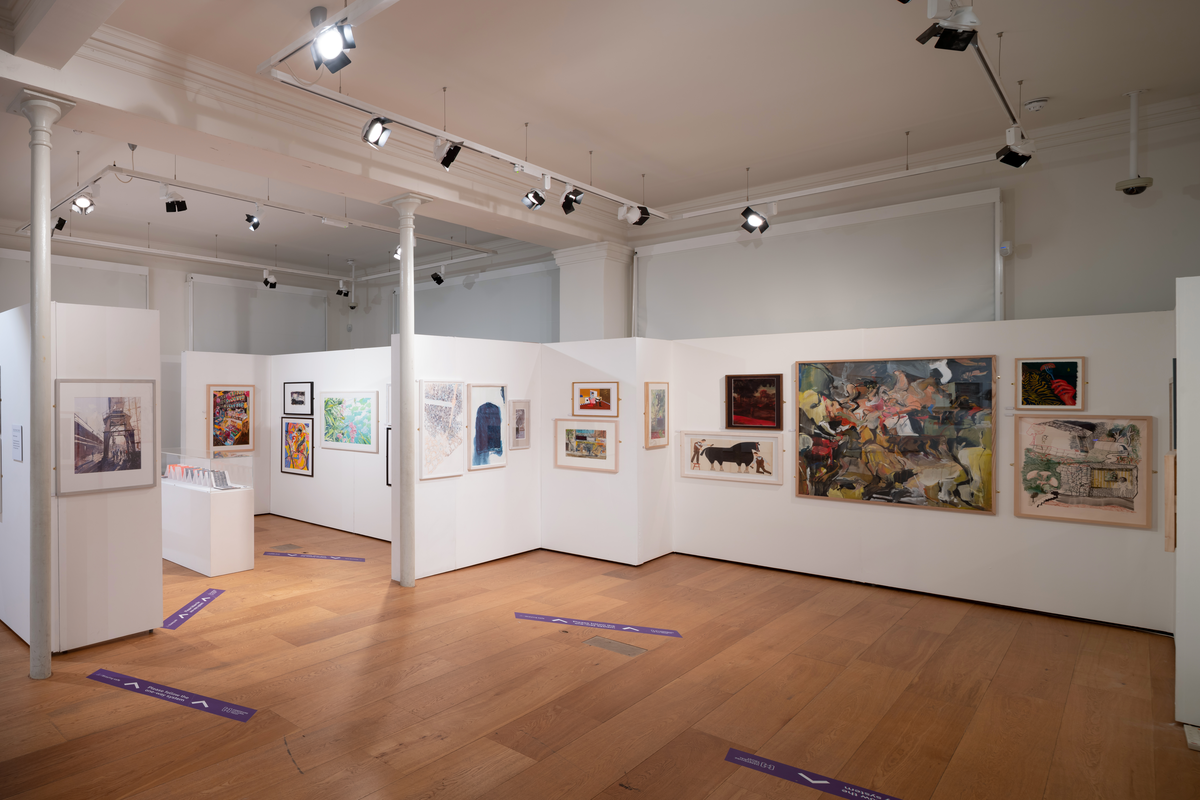
What are watercolours made of?
Once upon a time, watercolour paints were made from vegetable dyes and other chemicals, like lead white, to give them an opaqueness. Thankfully, the ingredients in watercolours are now safer and you can get all types of different paints, like dried watercolours in a pallet, or wet tubes. You can even get gouache, which can either be dry or wet. Gouache has more white paint in it than watercolours and creates a flat wash of colour once dried. Artists such as Matisse used gouache to create his paper cut outs.
The Sunday Times Watercolour Competition exhibition invites all water based mediums, including acrylics, gouache and inks, as well as traditional watercolour. All subject types are welcomed and as a result each year’s exhibition is a colourful explosion of talent.
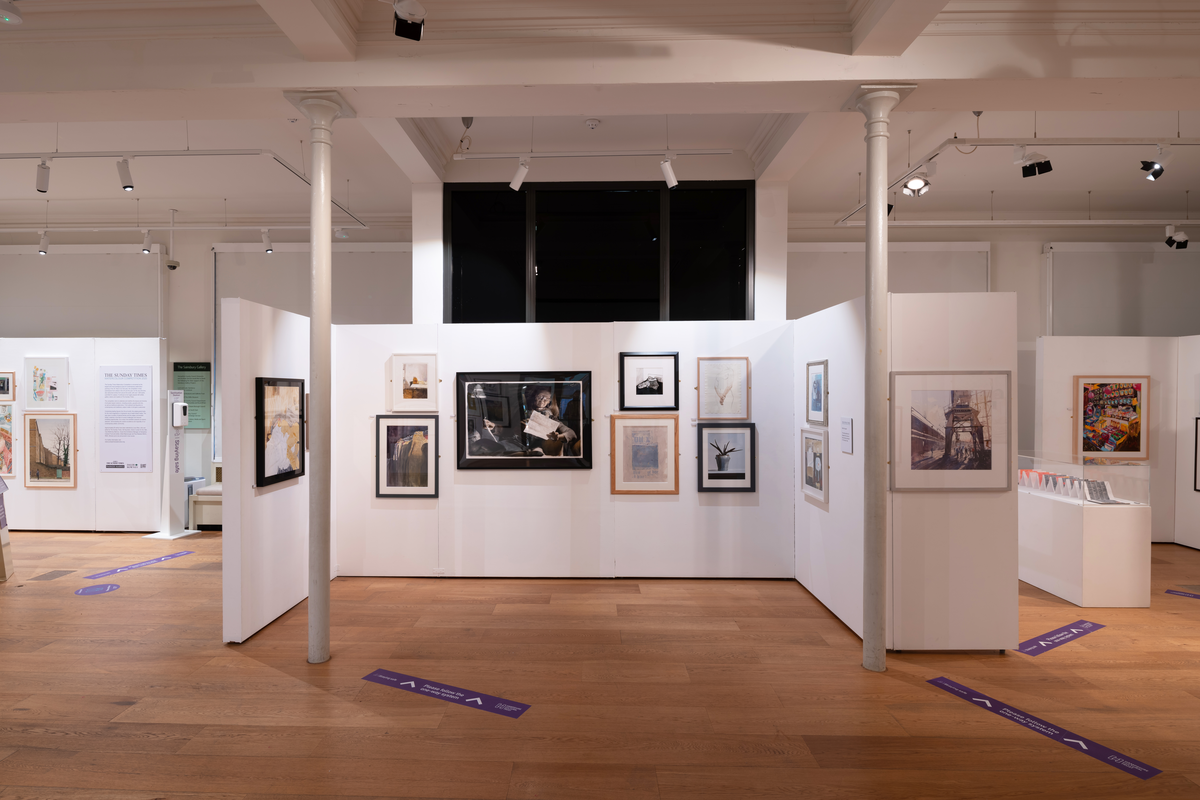
If you have enjoyed Culture on Call and you are able to make a donation, please click the link below. Any support you can give will help us keep communities connected to culture in these difficult times.




